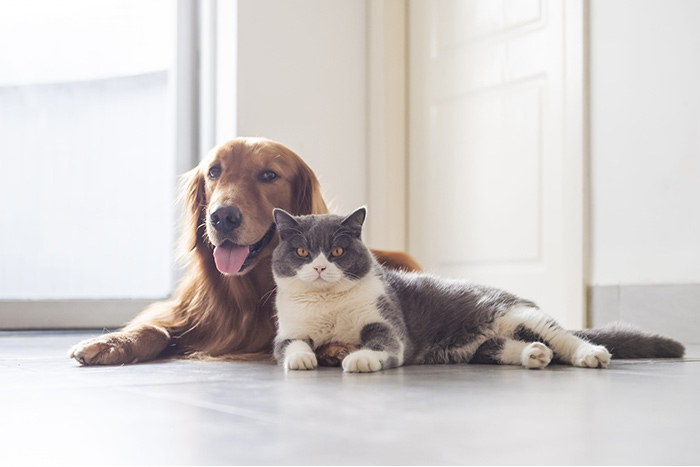De-sexing not only assists in the prevention of unwanted pregnancies in dogs and cats, there are also numerous medical benefits to the procedure including reducing the risk of disease and medical complications, as well as reducing behavioural related issues, such as aggression problems and wandering instincts. Railway Avenue Veterinary Hospital is home to the vets Byford and Armadale locals rely on. We offer professional de-sexing services for both cats and dogs and ensure a caring and safe environment for post-surgery recovery. Many new pet owners have a lot of questions surrounding this procedure, so here we will run through some general information which may help to provide some answers.
Why Should I De-Sex My Male Dog?
De-sexing in males is also known as neutering, and while widely performed to prevent a male dog’s ability to impregnate a female, there are a few other important reasons to neuter a male dog:
- To reduce aggression towards people and other pets
- To reduce the particularly strong and pungent odour of male urine
- To prevent a dog from roaming or straying from home to find a mate
- To reduce the risk of medical conditions such as bladder stones, perianal tumours, testicular cancer or prostatic disease
Why Should I De-Sex My Female Dog?
Also known as spaying, this process involves removing the ovaries and uterus, stopping their cycle and associated bleeding which prevents unwanted attention from male dogs that can result in pregnancy. Other reasons include:
- To reduce the risk of mammary tumours
- To eliminate the chance of ovarian or uterine tumours
- To prevents conditions such as Pyometra (uterus infection)
At What Age Should I De-Sex My Pet?
Generally, it is recommended that cats and smaller breeds of dogs are de-sexed at around six months of age whilst larger dog breeds often undergo this procedure when they attain their full bone growth. The right age is unique to each individual pet and will largely depend on their breed and size, as well as any medical or behavioural issues that you are looking to address. For the best information and advice, you should consult the dedicated staff at your local Byford vet clinic.
What is Involved in the Procedure?
When performed in a professional veterinary clinic or veterinary hospital, de-sexing is safe and highly effective. Leading up to the procedure, your pet will receive a full veterinary health check and your vet will advise you on the steps you need to take to prepare your pet for surgery.
On the day of the procedure:
- Your pet will be admitted by a friendly nurse and you will be free to ask any questions you may have.
- A sedative with pain relief is given to your pet to help them relax, followed by a general anaesthetic.
- The surgery is then performed by a fully qualified veterinarian.
- Your cat or dog will be closely monitored throughout the anaesthetic, surgery and recovery process.
- Once the procedure has been completed, you will be contacted to discuss what time your pet can go home (usually later that day) and let you know the appropriate aftercare advice.
- Your pet will go home with pain relief medication and an Elizabethan collar (to stop them licking their surgery site).
- A complimentary post-operative visit will be arranged to check your pet after the surgery.
The Maddington Vet Trusted for Professional Pet De-Sexing
De-sexing your pet is highly recommended by the team at Railway Avenue Veterinary Hospital. The rising number of unplanned puppies and kittens ending up in animal shelters is distressing and can easily be prevented by this simple procedure. Not only will it prevent unwanted litters, there are a wide range of health benefits for your pet that will see them live a long, healthy and happy life. Book a consultation online today or by calling (08) 9497 1547 now.


